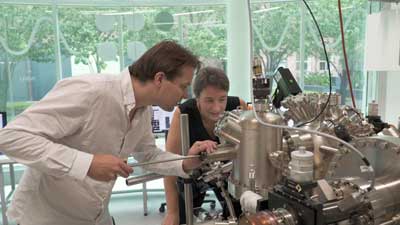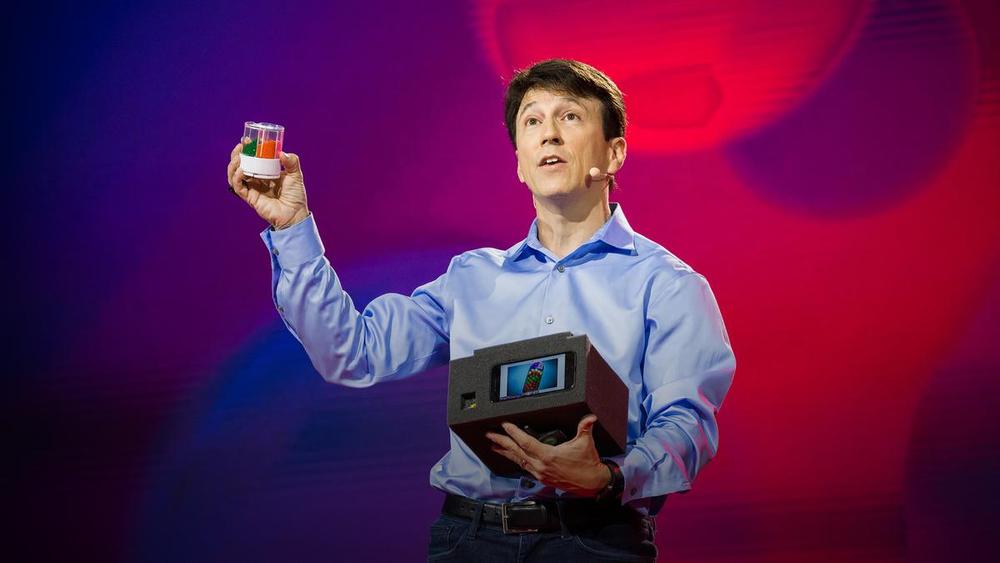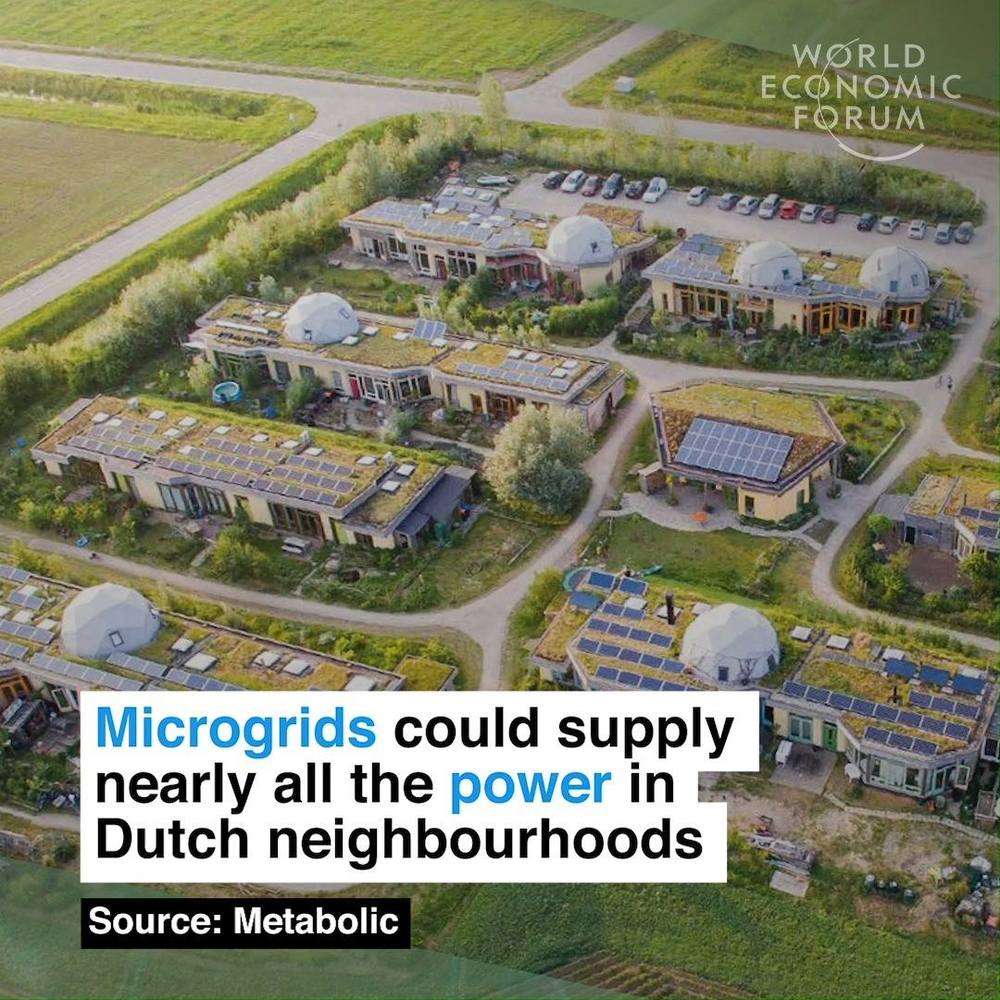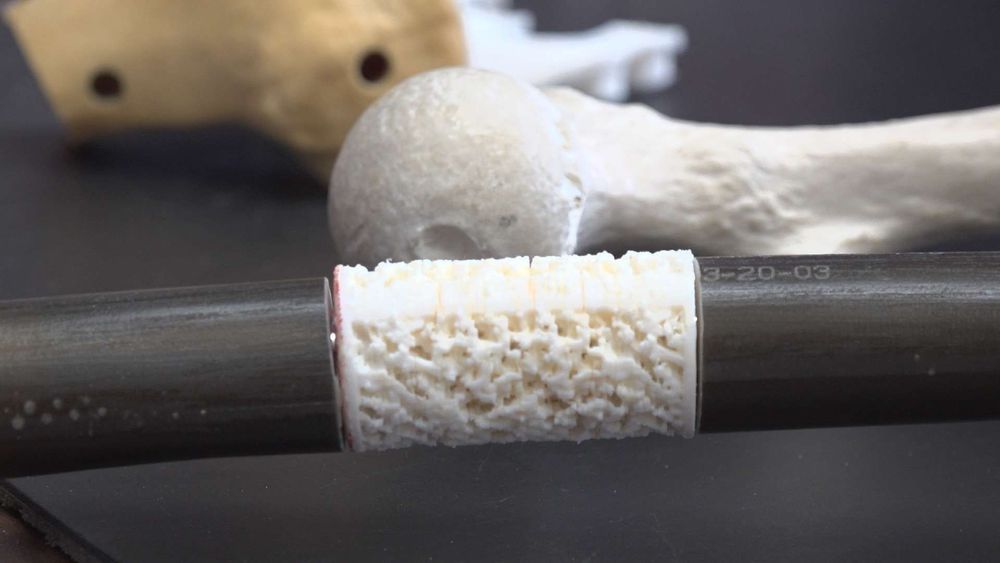Page 9552
Jan 8, 2019
Billions of dollars are pouring into digital health, but Americans are still getting sicker and dying younger
Posted by Derick Lee in category: health
That all sounds great. And software is supposed to improve every industry. But when it comes to health care, it leaves one important question unanswered: Why aren’t we getting any healthier?
Venture investors are chasing breakout successes in digital health, but those investment dollars aren’t making people healthier.
Jan 8, 2019
Intel Lakefield Brings Its 3D Chip-Stacking Tech to Life
Posted by Klaus Baldauf in category: computing
Weeks after introducing Foveros, its 3D logic stacking technology, Intel has shown off a motherboard that puts it to use.
Jan 7, 2019
President Rodrigo Duterte strongly supports DICT’s projects
Posted by Michael Lance in category: futurism

WATCH: President Rodrigo Duterte’s discussion with DICT Acting Secretary Eliseo Rio, Jr. during the situation briefing on the aftermath of Typhoon Usman.
Pres. Duterte strongly supports the Department’s projects and does not want any of these to receive any injuction or TRO in any court. He also wants to make sure that there is no corruption involved in any of the DICT projects.
Video clipped from Radio and Television Malacañang (RTVM) FB page.
Jan 7, 2019
The pharmacy of the future? Personalized pills, 3D printed at home
Posted by Klaus Baldauf in categories: 3D printing, biotech/medical
We need to change how we prescribe drugs, says physician Daniel Kraft: too often, medications are dosed incorrectly, cause toxic side effects or just don’t work. In a talk and concept demo, Kraft shares his vision for a future of personalized medication, unveiling a prototype 3D printer that could design pills that adapt to our individual needs.
Jan 7, 2019
Quantum scientists demonstrate world-first 3D atomic-scale quantum chip architecture
Posted by James Christian Smith in categories: computing, nanotechnology, quantum physics
University of New South Wales researchers at the Centre of Excellence for Quantum Computation and Communication Technology (CQC2T) have shown for the first time that they can build atomic precision qubits in a 3D device — another major step towards a universal quantum computer.
The team of researchers, led by 2018 Australian of the Year and Director of CQC2T Professor Michelle Simmons, have demonstrated that they can extend their atomic qubit fabrication technique to multiple layers of a silicon crystal — achieving a critical component of the 3D chip architecture that they introduced to the world in 2015. This new research was published today in Nature Nanotechnology (“Spin read-out in atomic qubits in an all-epitaxial three-dimensional transistor”).

Jan 7, 2019
Microgrids Could Supply Nearly all the Power in Dutch Neighbourhoods
Posted by Shailesh Prasad in category: energy
Jan 7, 2019
China’s Most Famous Dog was Cloned as The Pets Cloning Industry is Getting Bigger in World
Posted by Shailesh Prasad in category: biotech/medical
Jan 7, 2019
CES 2019: Scientists have developed a blood pressure monitoring app to replace the 100-year-old cuff
Posted by Genevieve Klien in categories: biotech/medical, mobile phones
Startup Biospectal could help 1.6 billion people suffering from hypertension by using a smartphone and an app to check for high blood pressure.
- by
- Shelby Brown
Jan 7, 2019
Military hopes 3D printing bones can help combat veterans’ injuries
Posted by Genevieve Klien in categories: 3D printing, military
TUCSON, Ariz. – A lab in Arizona is hoping to help wounded veterans – through 3D printing.
Arizona’s Orthopedic Research Lab is hoping to use the technology to help military veterans with bone injuries.
Dr. John Szivek, who runs the University of Arizona Orthopaedic Research Lab, said the lab received a $2 million grant from the Department of Defense to create 3D bone printing to help military personnel.
Continue reading “Military hopes 3D printing bones can help combat veterans’ injuries” »















